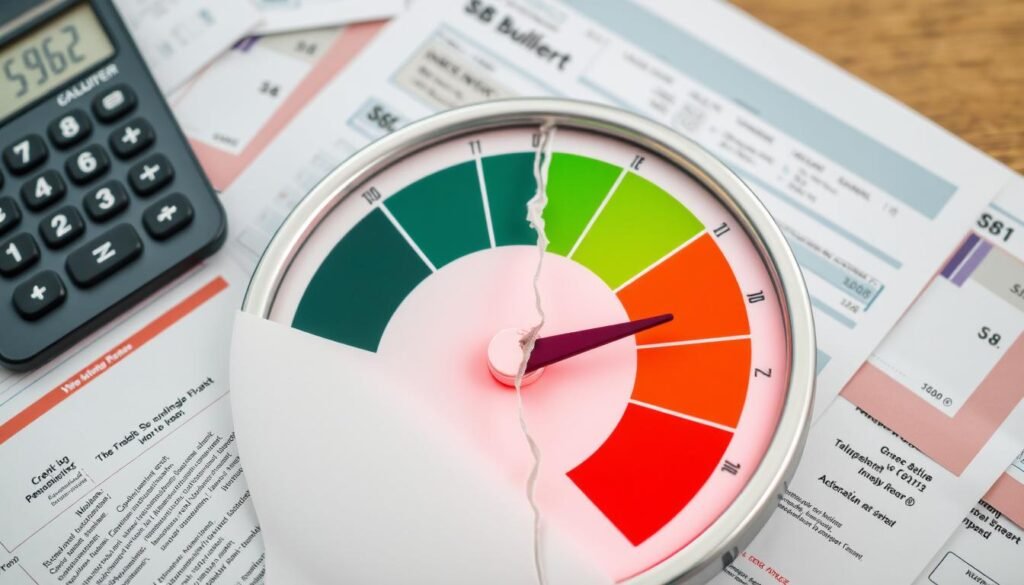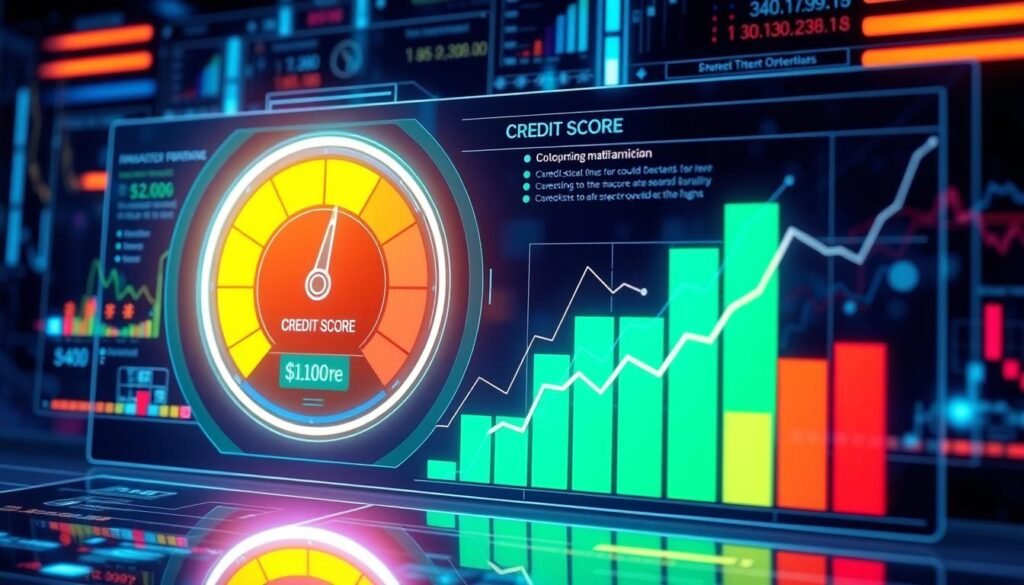This post may contain affiliate links, which means I may earn a commission if you purchase through these links at no extra cost to you
I’ve come to realize that some of the things I once believed about credit were actually holding me back financially. Like many people, I used to think that being wealthy automatically meant having a great credit score, or that I needed to carry debt to build credit. But those ideas just aren’t true.
The reality is, your income doesn’t directly impact your credit score—and even people with lower incomes can build strong credit. I’ve also learned that credit is about more than just credit cards. Avoiding them completely or constantly juggling debt won’t get you the top scores either.
One myth I used to believe was that checking my credit score would lower it. Thankfully, I found out that’s not the case. Monitoring my credit regularly has actually helped me stay on track.
I now see that having access to credit is a key part of financial stability—not just saving money. Understanding the difference between credit myths and facts has made a big difference in my financial literacy journey, and I’m so glad I took the time to learn the truth.
Table of Contents
ToggleCommon Misconceptions About Credit Scores
Many people don’t fully understand credit scores, leading to myths and wrong info. Let’s clear up these common mistakes.
Checking Your Own Credit Score
Some think checking your credit score will drop it. That’s not true. When you check your own score, it’s a soft pull. This doesn’t affect your credit.
Hard pulls from lenders might drop your score a bit but only temporarily. It’s good to keep an eye on your credit score. It helps make smart money choices. A lot of younger people know their score, which is smart.

Impact of Income on Credit Score
A big mix-up is thinking your income affects your credit score. That’s false. Credit scores are about how likely you are to repay debts, not how much you make.
What counts is your payment history, your debts, and how long you’ve had credit. Your income doesn’t change your score. Lenders look at how you handle debt, not your paycheck. Keeping your debt less than 30% of your credit limit looks good to them.
Credit Building Myths and Realities
It’s crucial to know the basics of credit to build a strong financial future. However, myths can lead people the wrong way. Let’s clear up these myths and show how to boost your credit rating the right way.
Does Carrying a Balance Improve Your Score?
Some people think keeping a balance on your credit card is good for your score. This isn’t true. It doesn’t help your score and causes you to pay extra in interest. Pay off your balance each month instead. This approach keeps your credit use low, affecting your score.
It’s very important to get rid of these myths for better credit. Try to use less than 30% of your credit limit, even less than 10% is best. Understanding this can lead to a higher credit score.

Is Using a Debit Card Beneficial for Credit?
There’s also a myth about debit cards building credit. The truth is, using a debit card doesn’t affect your credit score. Debit cards use your own money, not credit, so they can’t show your credit management skills to lenders.
Knowing the difference is key. To build credit, use credit cards wisely instead of debit cards. Following this advice helps improve your credit rating.
| Myth | Reality |
|---|---|
| Carrying a balance improves your score | Carrying a balance only leads to interest payments, not a better score |
| Using a debit card builds your credit | Debit card transactions are not reported to credit bureaus |
| Checking your own credit score drops it | Self-checks do not impact your credit scores |
Teaching high school students (ages 13-19) about credit is key. Programs lasting 45-60 minutes can debunk myths, like medical debt leading to bankruptcy. By tackling these myths and applying solid credit tips, you’re on your way to a brighter financial future.
The Role of Credit Cards in Building Credit
Credit cards are key in creating good credit, affecting many aspects of your financial life. Using your credit card wisely can establish a strong credit history. It also clears up many misunderstandings about credit repair. Knowing the value of paying off your credit card and the effects of closing accounts can improve your credit skills.

Importance of Paying in Full
Many believe that keeping a balance on your credit card helps your score. This is not true. Paying the full bill each month is actually better. This way, you dodge high interest and show you can handle credit well. Good credit comes from smart credit card use, not debt. Paying off your balance avoids debt and boosts your score.
Fully paying off your balance each month beats having a balance. Doing so on time greatly helps your credit score.
Closing Credit Cards: Pros and Cons
Thinking about closing a credit card? It’s important to weigh the good against the bad. It might simplify your finances by cutting down credit lines. But, it could also lower your score. Closing accounts affects how much credit you use and can make your credit history seem shorter.
To dodge these downsides, it’s often smarter to keep credit lines open. Choose cards without yearly fees to avoid extra charges. Switching balances to cards with lower rates can also be a smart move.
Managing your credit card well goes beyond just making transactions. It involves a forward-thinking attitude towards credit health. This includes applying for new credit carefully and making sure you pay on time. This thoughtful approach helps you steer clear of credit repair myths and build a strong financial base.
Understanding the Factors That Influence Your Credit Score
Knowing what affects your credit score is key to good financial health. Many myths confuse people about how credit scores work. Important factors that determine your score include payment history (35%), amounts owed (30%), and length of credit history (15%). Other factors are types of credit (10%) and new credit inquiries (10%). It’s a myth that checking your score lowers it. Actually, it causes a soft inquiry, which doesn’t hurt your score.
Many think income affects credit scores, but it doesn’t. What matters is paying on time and handling your credit well. For example, keeping a credit card balance doesn’t help your score. It’s better to pay off balances in full each month. This lowers your credit use and helps your financial health.
Starting to build good credit early is important for your future financial chances. High credit card interest can harm you. But, reducing these debts and paying on time can raise your score. It’s vital to learn about credit and make smart choices.



